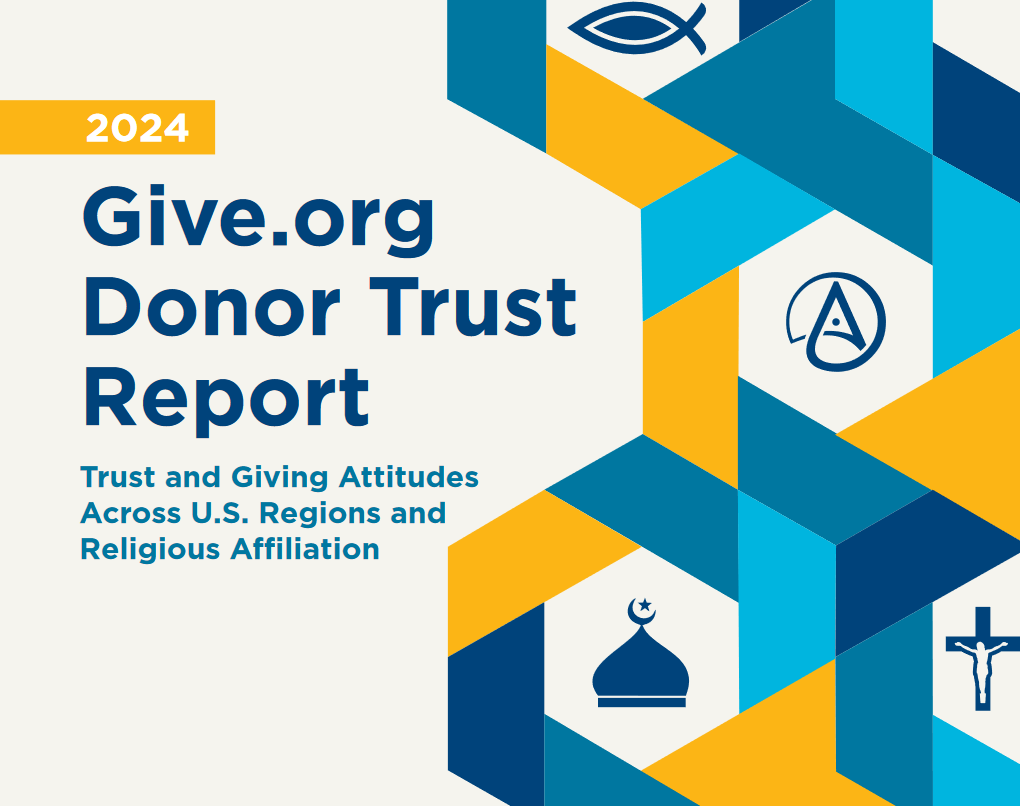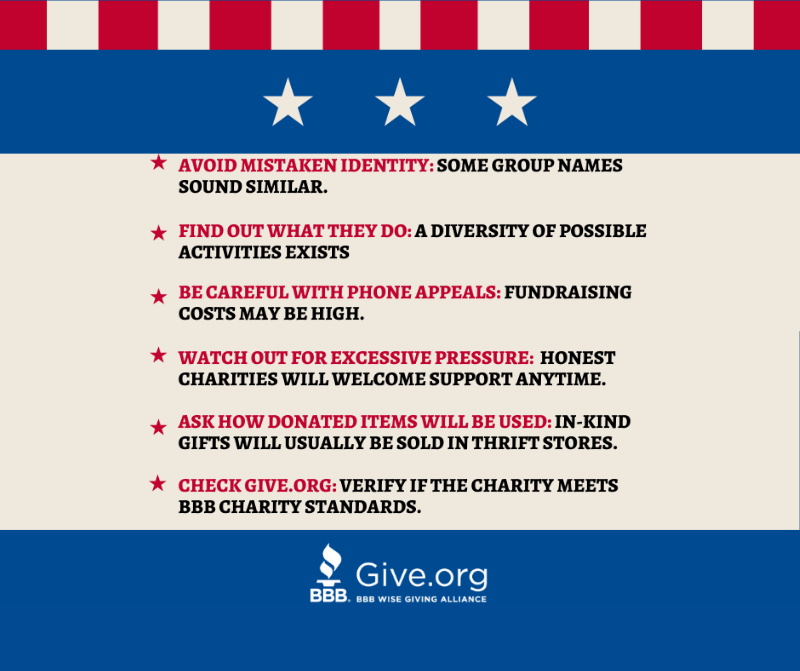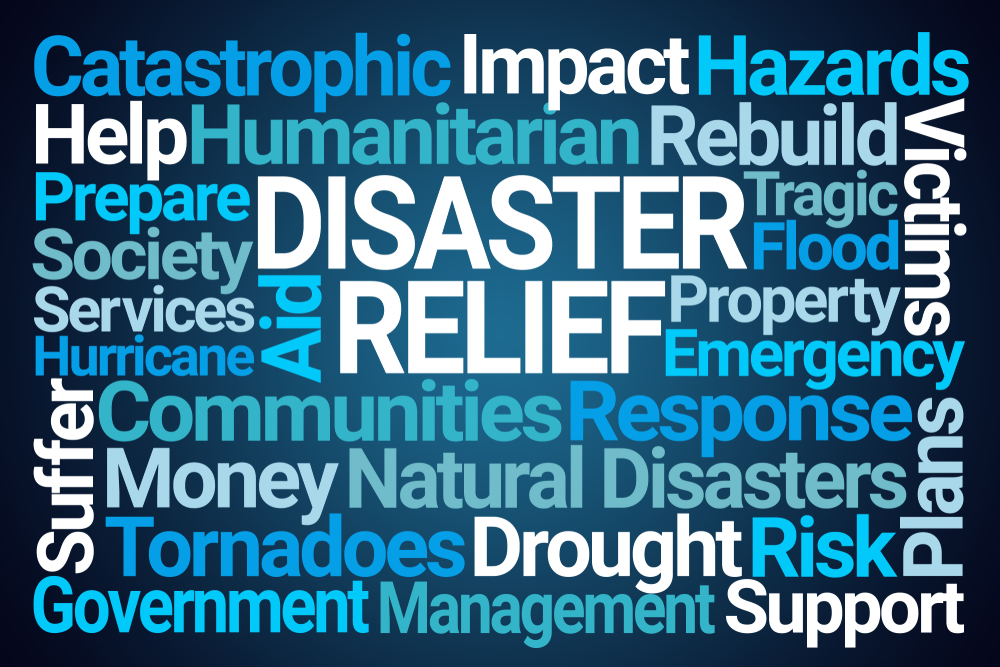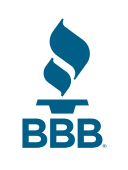Wise Giving Wednesday: Our 300th Blog

Today’s Wise Giving Wednesday post represents the 300th edition of this blog. That’s approximately 80,000 words written over the past six years. In recognition of this milestone, I thought it would be helpful to look back and identify some of the more important lessons learned about charity accountability. While this does not intend to capture everything we have covered, there are several recurring issues that come to mind.
Truth matters.
The century-old legacy of the Better Business Bureau system is “truth in advertising.” While this objective focuses on business advertising, it is equally applicable to the charitable marketplace. For charities, the key is ensuring that the contents of their fundraising and other communications are accurate, truthful and not misleading, both in whole and in part. This appeal accuracy issue is also addressed in BBB Charity Standard 15. Inaccuracies and misleading statements can occur in a variety of forms, ranging from outdated stories and/or statistics used in appeals to misleading statements about the nature of a charity’s activities. As most of these occurrences are inadvertent and not intended to deceive, one of the best ways for charities to avoid such problems is to have internal review procedures in place for fundraising content. For example, charity staff members outside the development department could routinely review appeal content.
Accountability is more than transparency.
Today’s online world enables donors to access more information on charities than in past years. For instance, there are a variety of places one can access to get the latest IRS Form 990, the annual financial information return completed by charities. While such transparency is to be applauded and encouraged, such data availability does not ensure that other charity accountability matters are followed. In our view, accountability involves a more comprehensive approach that also addresses board oversight, results reporting, financial management, and appeal accuracy. These matters require additional information beyond what is typically included in IRS Forms or other financial statements. This holistic approach is also reflected in the 20 BBB Standards for Charity Accountability.
Once lost, trust is difficult to recover.
Even the most well-known and loved charities can get in trouble. That’s a hard-earned lesson. No charity wants to be the subject of scandal. While it is unlikely a charity can protect itself from all possible problem circumstances, in our experience, the most effective response is for the organization to be open about what happened, have an outside entity investigate and make recommendations to the governing board, and implement changes as needed. Trust, however, generally involves consistency over time. Charities that violate that trust will need to demonstrate that their practices have now improved. This won’t likely happen overnight but donor relationships can be strengthened after appropriate improvements demonstrate a change in practices.
Video of the Week
As part of our Building Trust Video Series, we are pleased to provide a video featuring Delaney Gracy, M.D., Senior Vice President and Chief Medical Officer, Children’s Health Fund (a BBB Accredited Charity) which seeks to deliver health care to disadvantaged children. Among other things, it has a national network that operates in 17 states and the District of Columbia that help reach over 75,000 individuals each year.
Recent Reports
We are always working with charities to publish or update reports for donors. Visit Give.org or local BBBs to check out any charity before giving. Our recently evaluated charities include:
- Goodwill Industries International
- National Council of YMCAs of the USA
- Ovarian Cancer Research Alliance
Finally, remember to let us know by going to give.org/charity-inquiry if you are interested in seeing a report on a charity not on the list and we will do our best to produce one.
H. Art Taylor, President & CEO
BBB Wise Giving Alliance




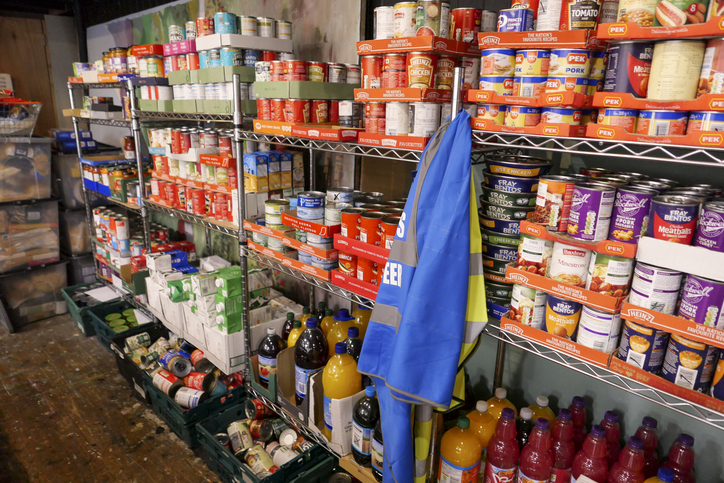




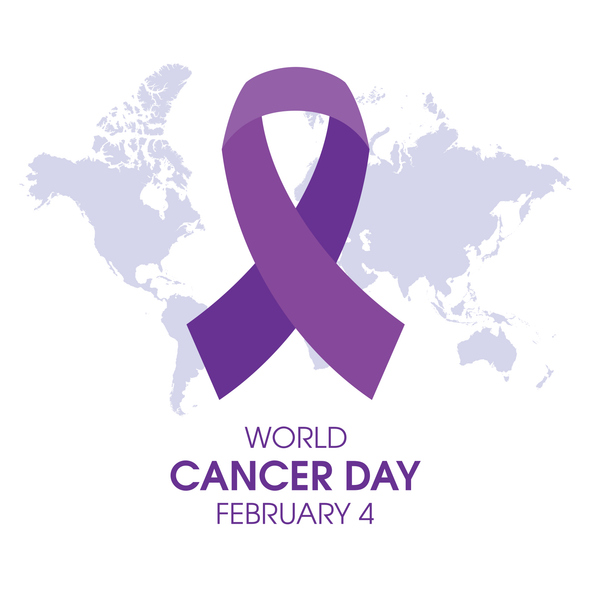


.jpg?sfvrsn=8073f1a5_0)


